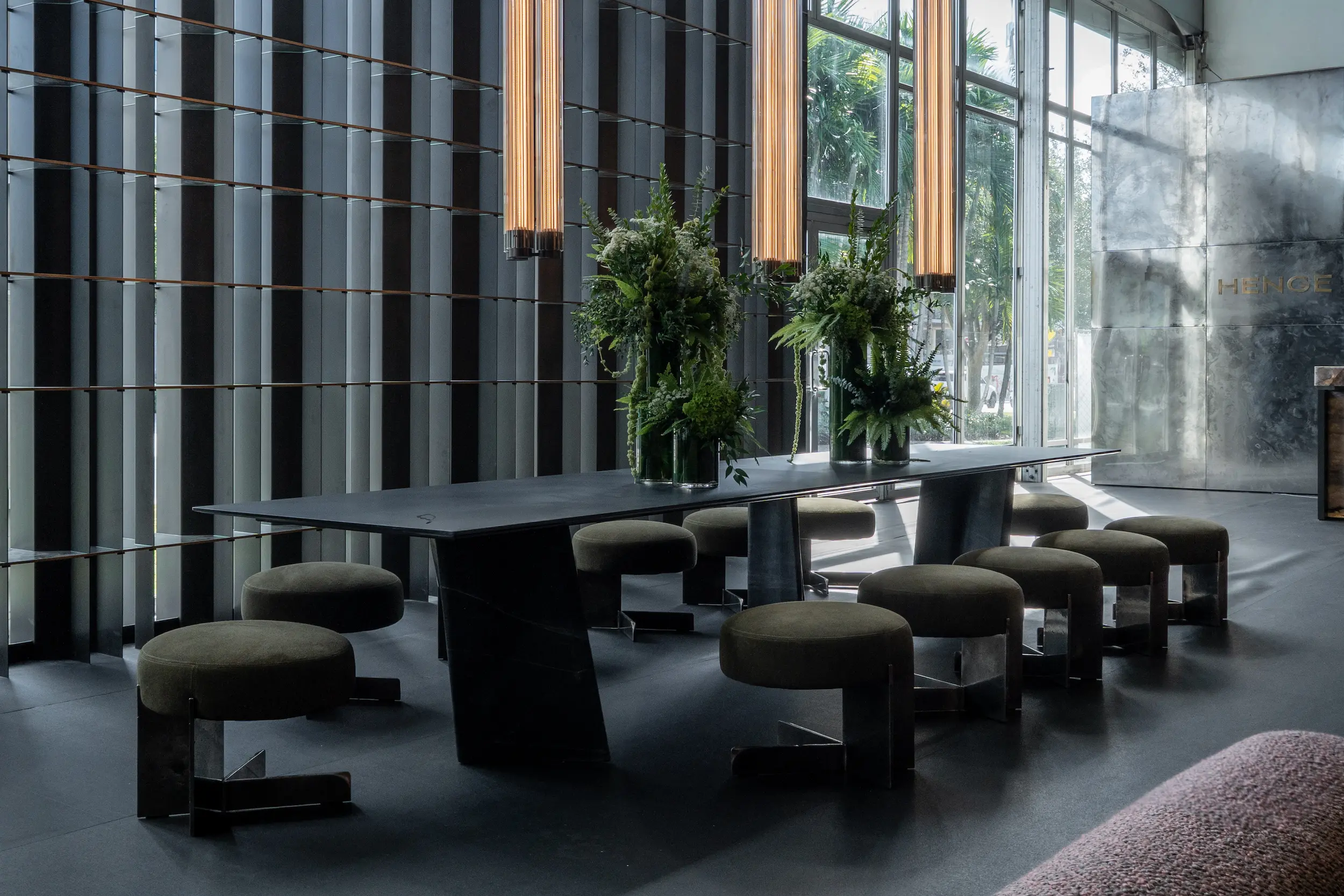Campione d’Italia’s Classic Circuit Roars Back to Life in High Style
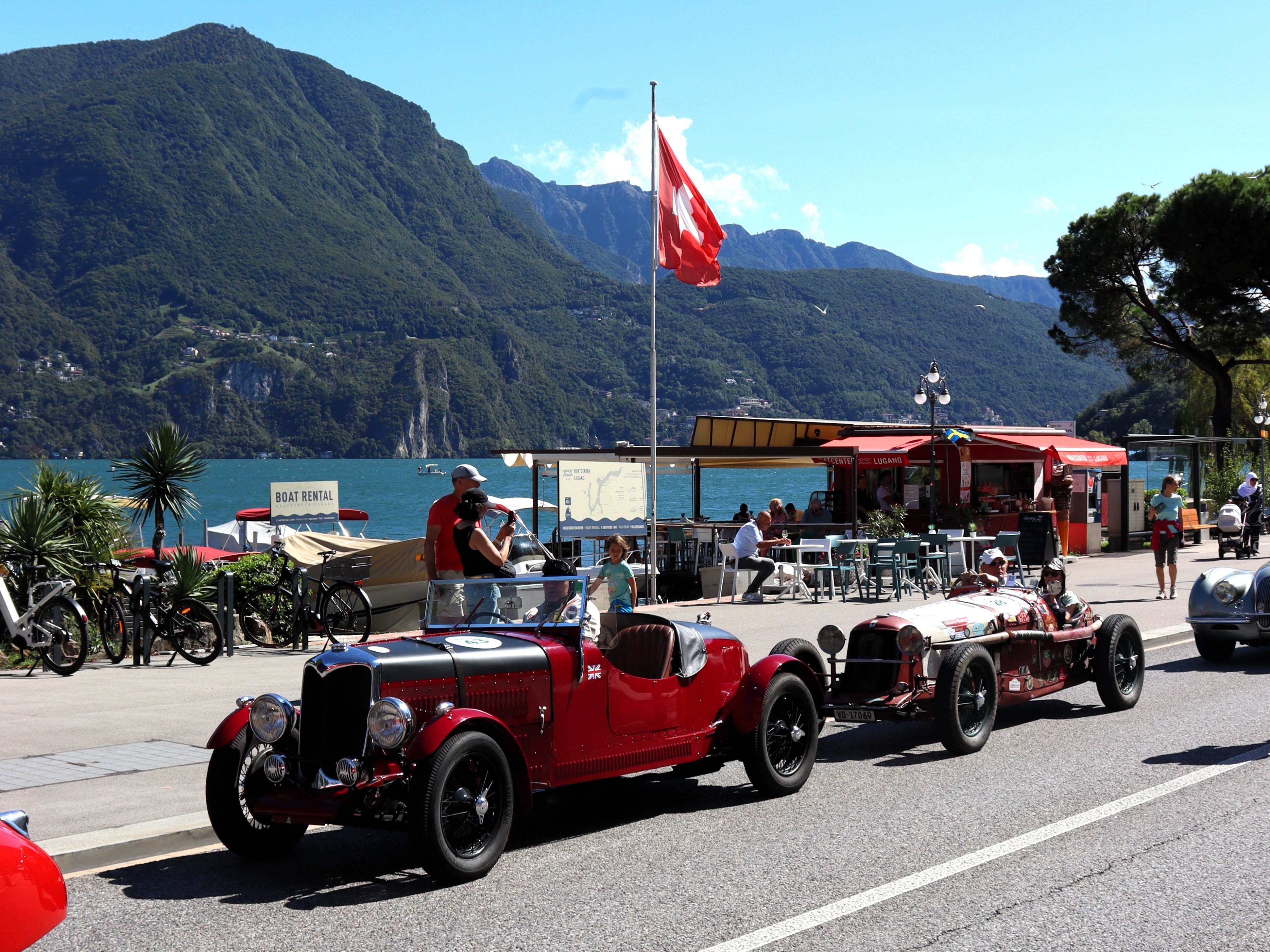
Courtesy of Hauser & Wirth
Courtesy of Astra Marina Cabras
Courtesy of LA Art Show
Courtesy of Lukas Gansterer
Courtesy of Henge
Courtesy of Andreas Simopoulos
Courtesy of Dave Benett
Courtesy of Japan Mobility Show
Courtesy of ART Cologne
Courtesy of whenobjectswork / Kate Hume
Courtesy of Ivan Erofeev
Courtesy of Stéphane ABOUDARAM - WE ARE CONTENT(S)
Courtesy of Sacha Moreau / Global Gift Gala Monaco
Courtesy of Fadi Al Shami
Courtesy of Sofia Hartmann
Courtesy of Historyhd
Courtesy of Mick De Paola
Courtesy of the artist (c) VG Bild-Kunst, Bonn 2025. Photography by Jens Ziehe.
Courtesy of Yasamine June
Courtesy of Rawisara Prachaksubhanit
Courtesy of Mariia Dred for Berlin Fashion Week
Courtesy of Michael Fousert
Courtesy of Raden Prasetya
Courtesy of Antonia Tewes
Courtesy of Antonia Tewes
Courtesy of Carlo Bazzo
Courtesy of Artem Zakharov
Courtesy of James Cochrane / Copenhagen Fashion Week SS26
Courtesy of Fashion Week Studio
Courtesy of Burak Goraler / AFW
Courtesy of Antonia Tewes
Courtesy of SF / Luigi Caputo
Courtesy of Bruno Cordioli / CC BY 2.0 via Wikimedia Commons
Courtesy of Dubai Fashion Week / Ruzaini Official
Courtesy of Frieze Seoul 2025 / Wecap Studio
Courtesy of LecartPhotos
Courtesy of Jacopo Salvi / La Biennale di Venezia / ASAC Photo
Courtesy of Campione d’Italia’s Classic Circuit
Courtesy of Maxi Yacht Rolex Cup
Courtesy of Jochem Raat
Courtesy of Corey Watson
Courtesy of Pitti Immagine / Fragranze
Courtesy of Le Sable
Courtesy of Once Milano
Courtesy of Monaco Yacht Show
Photo by Darren Carroll/PGA of America
Courtesy of Guy Bell / British Art Fair
Photo by Sean Zanni / Patrick McMullan via Getty Images
Courtesy of Messe München GmbH / Thomas Plettenberg
Courtesy of ph G Martin-Raget/SNST
Courtesy of David Pupăză
Courtesy of Derek Rose
Courtesy of Jim Winslet
Courtesy of Millie Turner/BFI
Photo by Hugo Glendinning. Courtesy of Frieze
Courtesy of Rolex / Kurt Arrigo
Courtesy of Laura Dupuy
Courtesy of Palm Beach Show Group
Courtesy of Getty Images for Perelman Perfor
Courtesy of BFA 2025
Images credited Jason Alden courtesy of LAPADA
Courtesy of Informa Markets
Courtesy of The Qatar Boat Show
Courtesy of Getty Images for Baby2Baby
Courtesy of Jeanne Canto
Courtesy of Darian DiCianno
Courtesy of David Long/Cancer Research UK
Courtesy of Saslong Classic Club
Courtesy of Dieter Nagl für die Wiener Philharmoniker
Courtesy of Derek Rose
Courtesy of Lukas Gansterer
Courtesy of Sam Frost
A
T
I
S
I
O
O
T
M
I
L
L
L
C
S
S
T
T
A
T
H
F
T
E
F
O
A
T
F
I
T
T
T
T
I
I
T
I
O
P
S
A
S
U
O
A
E
G
B
I
A
I
L
I
T
M
O
G
U
I
L
S
N
I
D
U
T
A
F
I
W
F
O
A
A
M
L
I
V
I
I
S
A
J
fter nearly eight decades of silence, the world’s smallest grand prix circuit roared to life once again on the enchanting shores of Lake Lugano. From September 4–7, 2025, Campione d’Italia – a jewel-like Italian exclave in Swiss territory – hosted a spectacular revival of its classic car circuit amid great fanfare. Over four days, motorsport heritage and high-society flair mingled freely, as the sound of vintage engines echoed through the town’s winding streets once more.
A Storied Circuit Reawakened
The original Circuito di Campione launched in 1937, a street course just over one kilometer long with two hairpin turns, a tunnel and several fast curves – a layout often likened to a miniature Monte Carlo in its complexity and glamour. Dubbed “the smallest circuit in the world”, it nonetheless drew some 15,000 spectators that year to watch top drivers of the era compete, with a Maserati piloted by Giovanni Rocco ultimately taking victory. The circuit briefly sprang back to life in 1946 (with none other than Tazio Nuvolari among the entrants) before Campione’s racing chapter faded into legend for the better part of a century. Now, nearly ninety years later, that legend has been reborn – the whisper of history turned into a full-throated celebration as Campione d’Italia reclaims its place on the classic motorsport map with style.

A Four-Day Parade of Classics
For four days, the enclave became an open-air museum of automotive art, with over 100 vintage racing machines – from pre-war cars and motorcycles to 1950s go-karts and even classic speedboats – showcased against the backdrop of Lake Lugano. Pre-war jewels like Bugatti and Maserati stood alongside post-war icons from Ferrari and Lotus in the lakeside paddock. A quintet of 1960s–70s Formula One cars also revved to life – from a classic Brabham to Riccardo Patrese’s 1978 Arrows A1 – drawing throngs of admirers as they thundered down Campione’s narrow track once again. Spectators were charmed by other vintage curiosities too, from mahogany Riva powerboats cruising the lake to retro go-karts buzzing along the promenade.

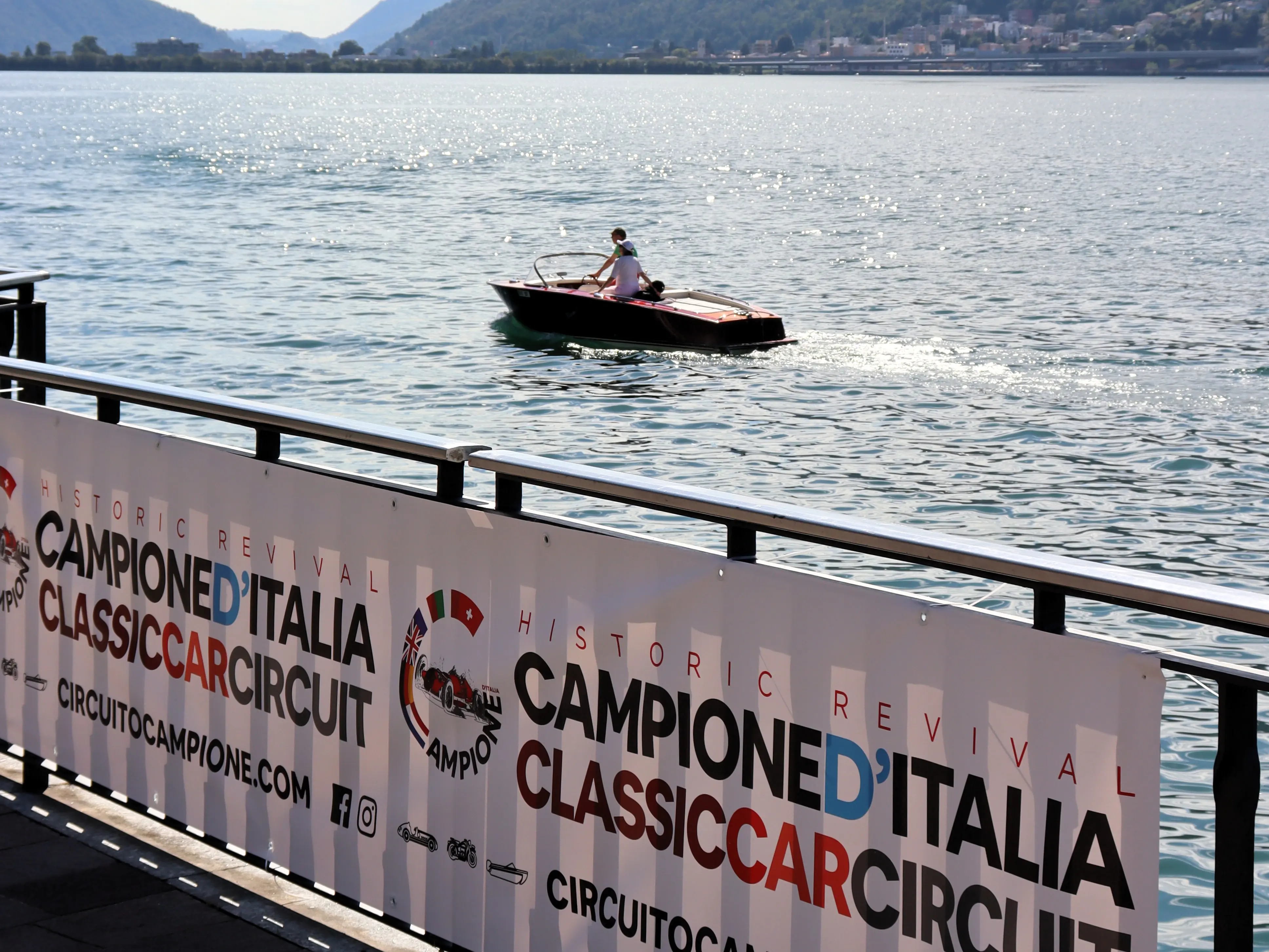
In a novel twist, the organizers staged a Concorso d’Eleganza Dinamico – a dynamic driving concours – so that these automotive treasures were not merely parked for show but actually turned laps on the circuit to flaunt their beauty in motion. Divided into age-based categories, the cars took to the track in controlled sessions throughout the weekend, culminating in a particularly enchanting spectacle on Saturday night: the entire course was illuminated for after-dark runs, the paddock aglow against the mountain shadows, and crowds lining every corner as a procession of vintage headlights streaked through the darkness.
Glamour, Society, and Heritage United
Pageantry and sophistication were integral to Campione’s revival. On Friday, the cavalcade crossed into downtown Lugano, where participants were treated to fine cigars and an aperitif at the city hall. That evening, Campione’s own casino hosted a black-tie gala for about 300 guests – drivers, collectors, sponsors and dignitaries – celebrating the circuit’s return in high style.
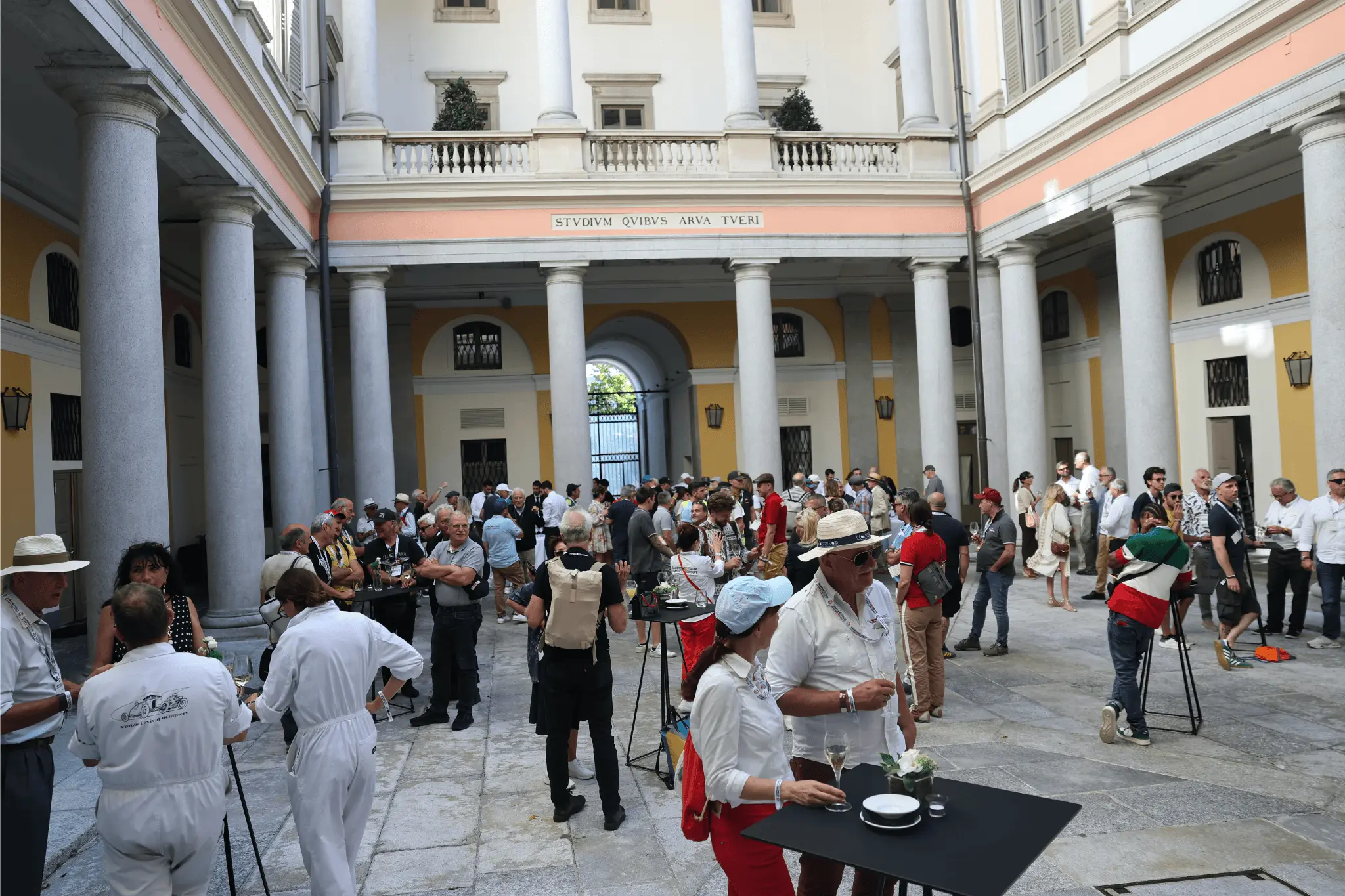
The guest list bridged motorsport royalty and high society luminaries. Mayor Roberto Canesi and Senator Elena Murelli kicked off the festivities and even joined in on track – Murelli piloting a 1930s FIAT 508 roadster to experience the course firsthand. Le Mans legend Jürgen Barth spent the weekend in the paddock, signing autographs between laps in a 1950 Jaguar XK120.
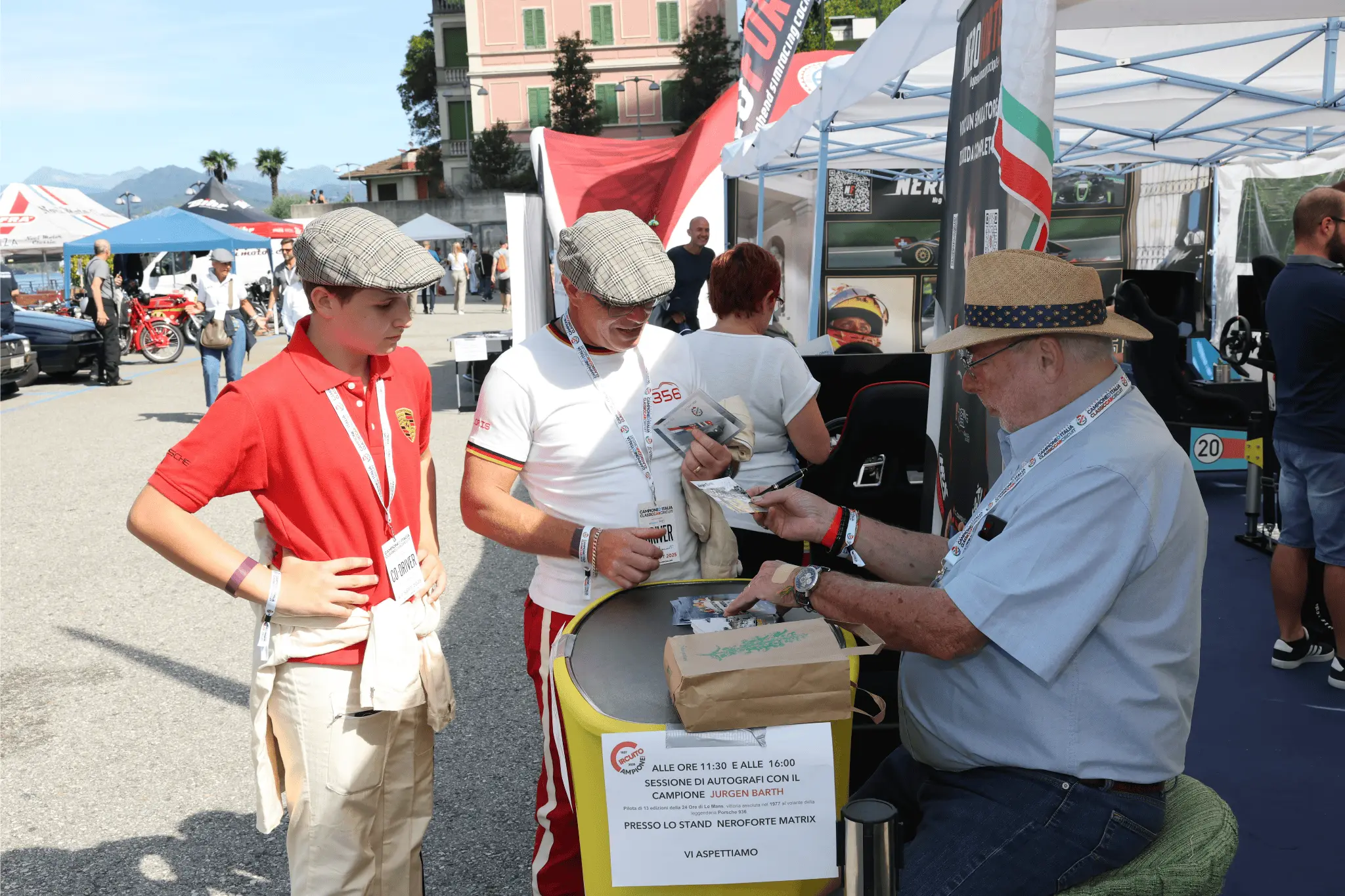
Meanwhile, the Campione in Pista art exhibition in the civic gallery highlighted the aesthetic beauty and history of the town’s racing past. Hundreds of visitors toured the exhibit, underscoring that historic motoring is as much about community nostalgia as competition.
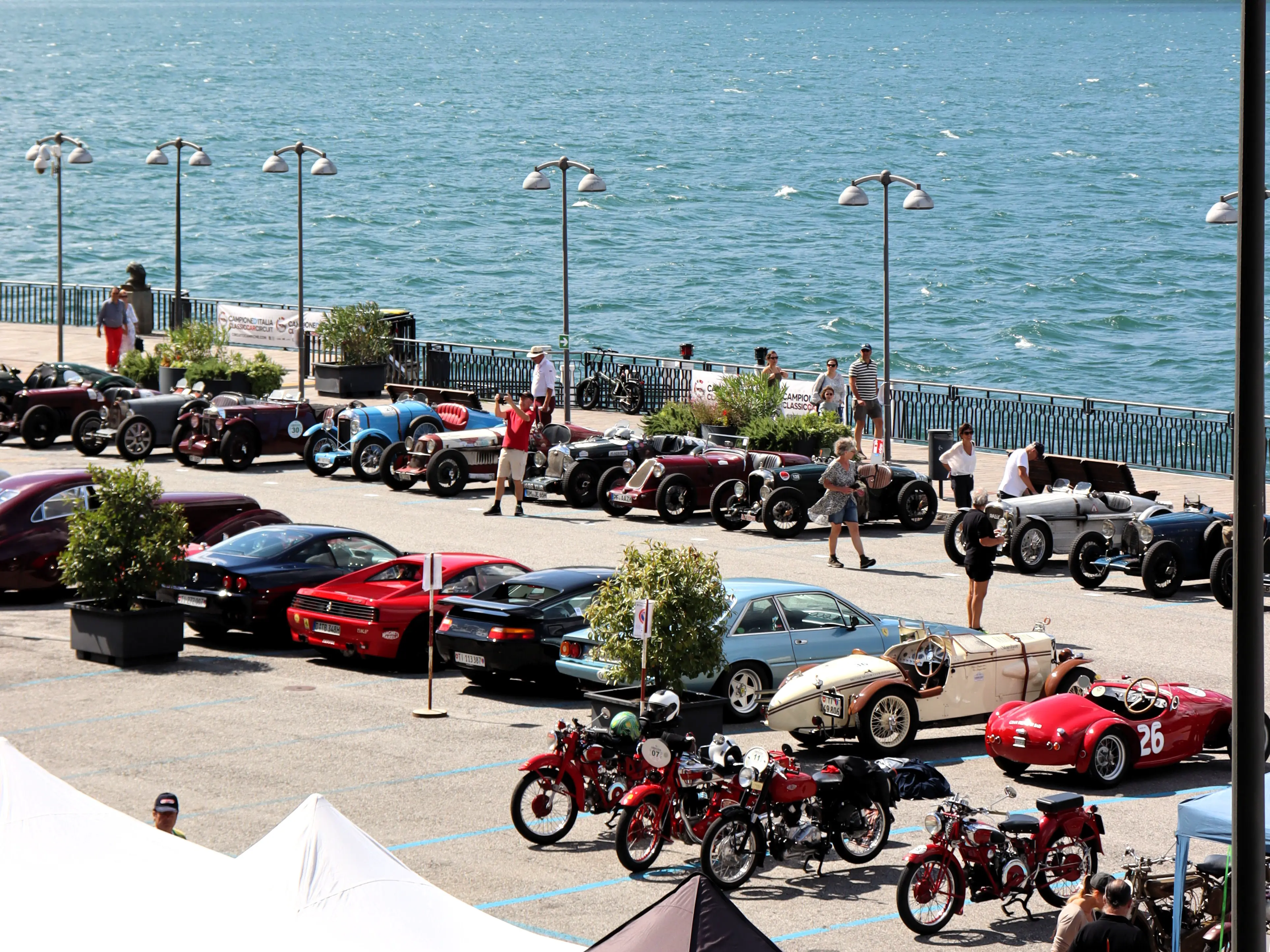
Legacy and Significance
In the end, the Campione revival was not just a trip down memory lane – it also underscored how heritage and modern values can intersect in today’s luxury culture. It earned the distinction of being the first classic motorsport event in Europe to receive an ESG sustainability certification, a milestone marked by the planting of a tree with dignitaries in attendance. Italy’s postal service even issued a commemorative stamp to mark the occasion. International media took note, ensuring Campione’s story reached aficionados worldwide. And in a show of inclusivity, admission was free – inviting the entire community to share in the spectacle despite the event’s exclusive aura.
Organizers are already planning another edition to cement Campione d’Italia as a must-stop for classic car connoisseurs. In an age of fleeting trends, this revival proved that true luxury lies in revitalizing a storied past. The Circuito di Campione’s return not only let vintage engines roar through the mountains again – it rekindled local pride and showed that when history is presented with passion and panache, its allure never fades.


